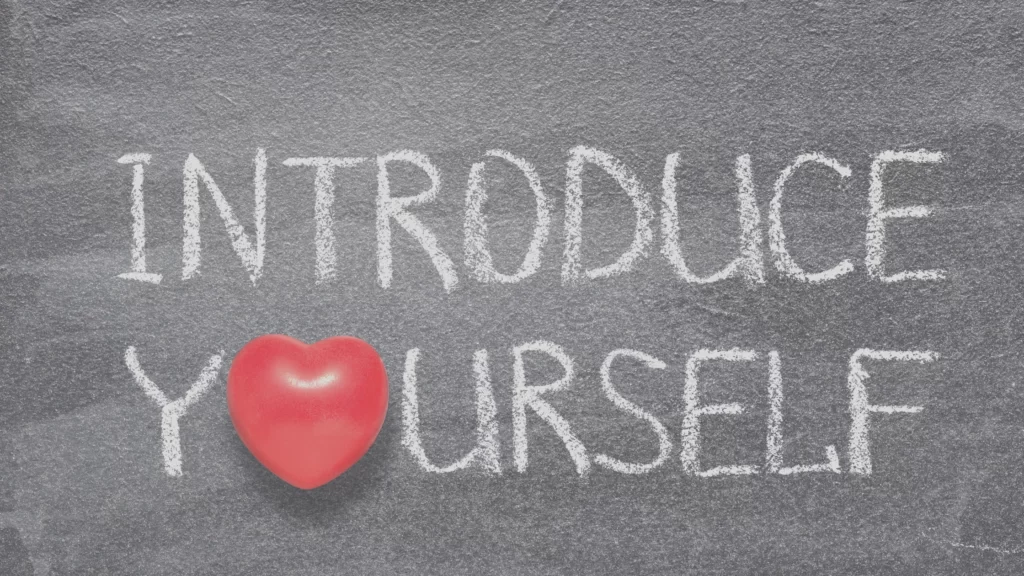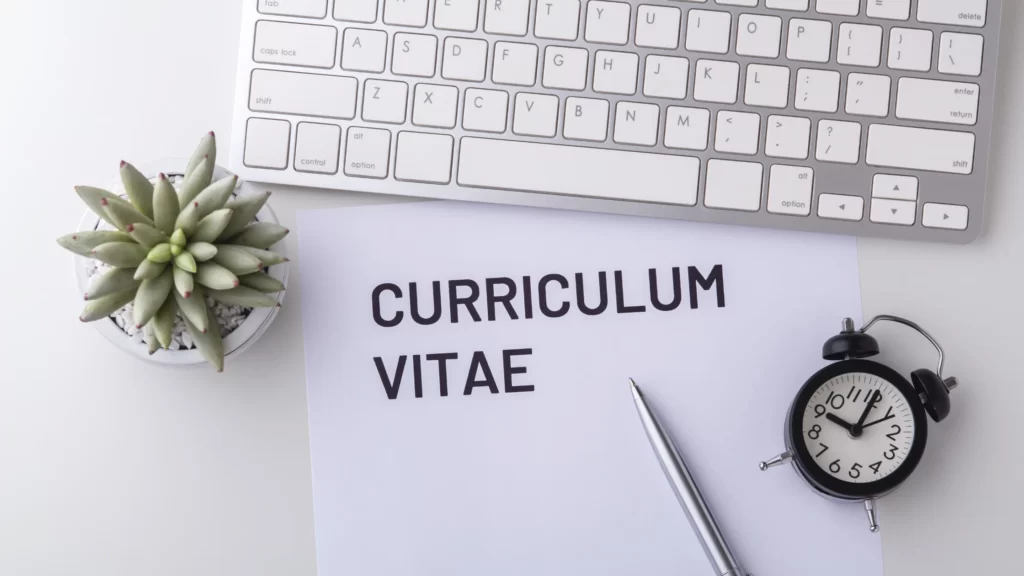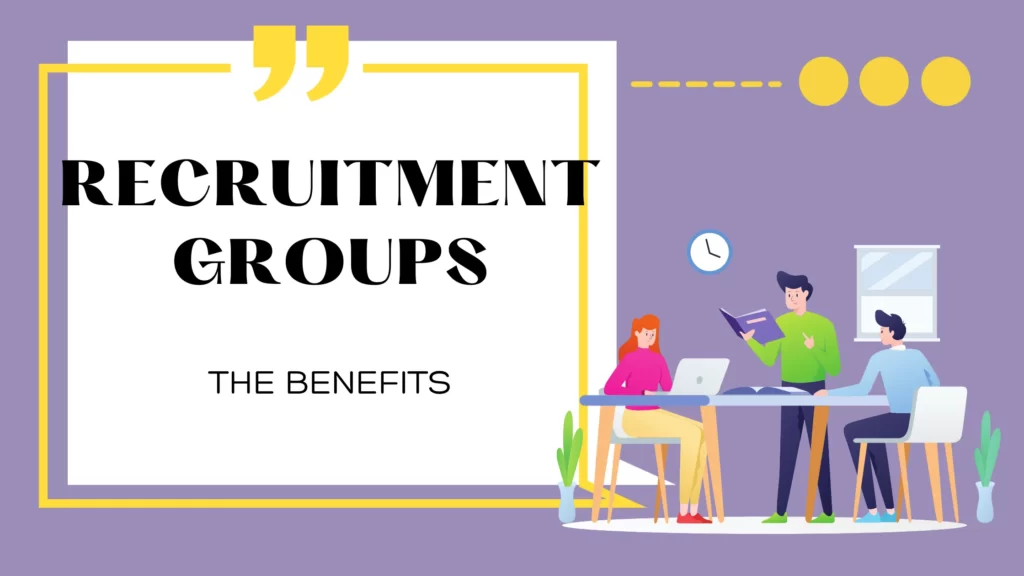Introduction in the interview is the first and mandatory question in every interview. However, it has a very important role. By introducing yourself, employers can get a lot of information from you. Also, a good self-introduction will lead to a smooth interview.
There are many ways to answer this question. And it depends on the individual. However, there are some common points that you can keep in mind as follows:
Why do you introduce yourself?
Usually, employers will not ask questions when they first meet you. Instead, they want a little more intimate, friendly atmosphere. They will let you talk about yourself as a way to make you more comfortable at the beginning of an interview.
Introducing yourself shows your ability to express yourself
We cannot memorize this question at home and try to recall it to give the best answer. It makes the answer forced. Instead, confidently express yourself in the most natural, coherent way. Sometimes recruiters don’t just care about your feedback. They also want to see how you present information.
If your work involves customers, communication a lot, this becomes even more important. An answer about yourself naturally shows that you can handle the most basic communication situations. If you can’t describe yourself well, you can’t describe a product or explain anything better.
Introduce yourself to provide necessary information for employers
Recruiters will spend a lot of time on your CV. This is only true if your CV has a lot to offer. If not, they expect to hear something other than your CV. Introducing yourself is your opportunity to provide information beyond your CV so employers can better understand you.
In addition, what you think is the best, and most suitable for the job you apply for can be expressed through the introduction of yourself. What brief experiences you’ve had, what jobs are related to the current company, etc. All help a lot for employers before making a decision.
Introduce yourself appropriately
Once you understand the purpose of your self-introduction, you need to have a plan for your response. Your answer should be brief but informative. A good self-introduction will often have some of the following things in common
Introduce personal information and application requirements
Please confirm with the interviewer your first and last name. Date of birth and position you are interviewing for. This is very important. In every interview, employers will evaluate each candidate’s comments. Providing personal information re-affirms that you are the person they are trying to interview
Confirming the position and applying for the job is very important. You wouldn’t want to be applying for position A, but HR moved you to position B for an interview because they thought you would be a better fit. Worse they may forget to notify you. Reconfirm with the employer about the position you are interviewing for to make sure that both parties are not wasting time on the wrong purpose.
Introduce education and previous work experience
Education and experience are important when introducing yourself. However, it is not uncommon for you to work in the wrong industry or change your profession. Therefore, please introduce any education/experience relevant to the position you are applying for. If not, just briefly talk about the learning process.
Employers do not want candidates to talk or talk too much about something entirely useless for the job or position they apply for in the future. Instead, employers want to dig deeper into what ‘s relevant to the job you’ll do later.
Share open information so recruiters keep asking questions
Open information is information that can help recruiters lead an interview. Most of it is related to a skill, learning process, or experience, .. related to the job you are applying for now. Emphasize and focus on this open information as it will give the recruiter a lot of clues to extract more information from you.
The key to this open information is that recruiters can ask you more questions. The more questions you answer and interest employers, the better you’ll be understood by them. Thereby can help them make an accurate assessment of your suitability for the job.
An unsuccessful interview is when the employer can’t get anything out of you, and you don’t get a chance to show it off. Maybe you are very good and suitable for the job. However, if you don’t get a chance to demonstrate your suitability, the job will go to another candidate.
Make sure your introduction is not too wordy, short, or concise but as informative as possible. In addition, your answers must be open to the recruiters’ questions, and opportunities to exploit information. A good self-introduction opens the door to a smooth interview.





